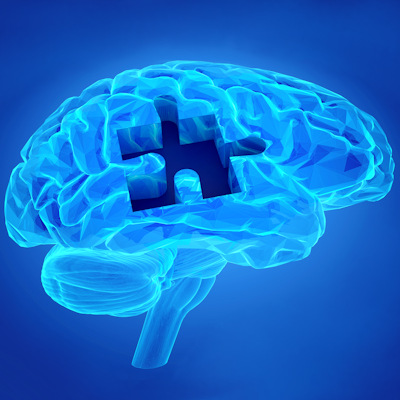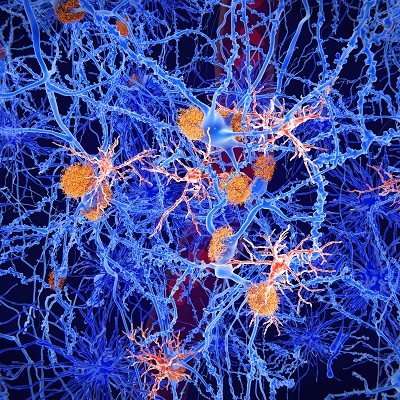June 14, 2023 -- People with pre-symptomatic Alzheimer’s disease have different gut bacteria than healthy individuals, suggesting the microbiome could be used to detect or delay the condition.
Earlier studies found that the gut microbiomes of people with symptomatic Alzheimer's differ from those of healthy people of the same age, but were unable to tell how early the divergence begins. The proteins amyloid beta and tau, which characterize Alzheimer's, can accumulate in the brain for decades before an individual develops symptoms.
The changes mean it is possible to detect people who are likely to progress to Alzheimer's before they develop symptoms, but brain scans and analyses of cerebrospinal fluid are needed to detect the proteins. If the microbiome changes in line with the brain, it could offer a simpler way to screen patients.
To explore the potential link between the microbiome and preclinical Alzheimer's, a team at Washington University School of Medicine in St. Louis enrolled 164 cognitively normal people. The subjects provided stool, blood, and cerebrospinal fluid samples, kept food diaries, and underwent PET and MRI brain scans.
The analyses, details of which were published in the journal Science Translational Medicine, showed that the 49 people with early signs of Alzheimer's had different bacteria in their guts than their counterparts with healthy brains. The differences correlated to the changes in amyloid and tau levels that happen in the years before people start showing symptoms of Alzheimer's.
Exactly why the microbiome is different in people with preclinical Alzheimer's is unclear, as Gautam Dantas, co-corresponding author and professor at Washington University, said in a statement.
"We don't yet know whether the gut is influencing the brain or the brain is influencing the gut, but this association is valuable to know in either case," Dantas said. "It could be that the changes in the gut microbiome are just a readout of pathological changes in the brain. The other alternative is that the gut microbiome is contributing to Alzheimer's disease, in which case altering the gut microbiome with probiotics or fecal transfers might help change the course of the disease."
Dantas speculated that inflammation is likely a factor if the microbiome is driving the development of Alzheimer's. The metabolites of bacteria can affect the immune system and cause inflammation. If that theory is validated, it may be possible to delay or prevent Alzheimer's by modulating the microbiome.
Even if the microbiome changes are a symptom, rather than a driver, of Alzheimer's, the findings could have implications for the management of the disease. A stool-based test for signs of Alzheimer's would make screening for the disease viable.
Copyright © 2023 scienceboard.net










